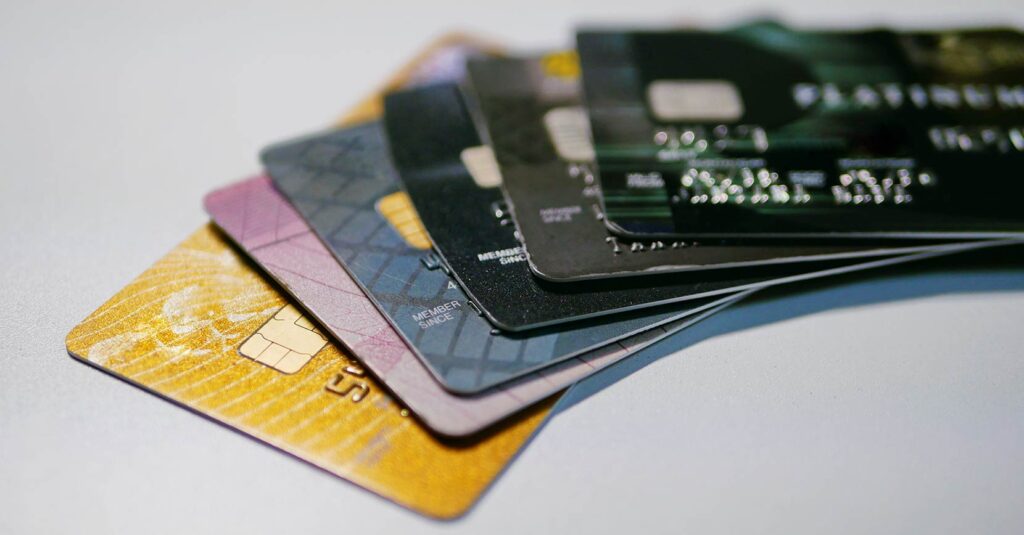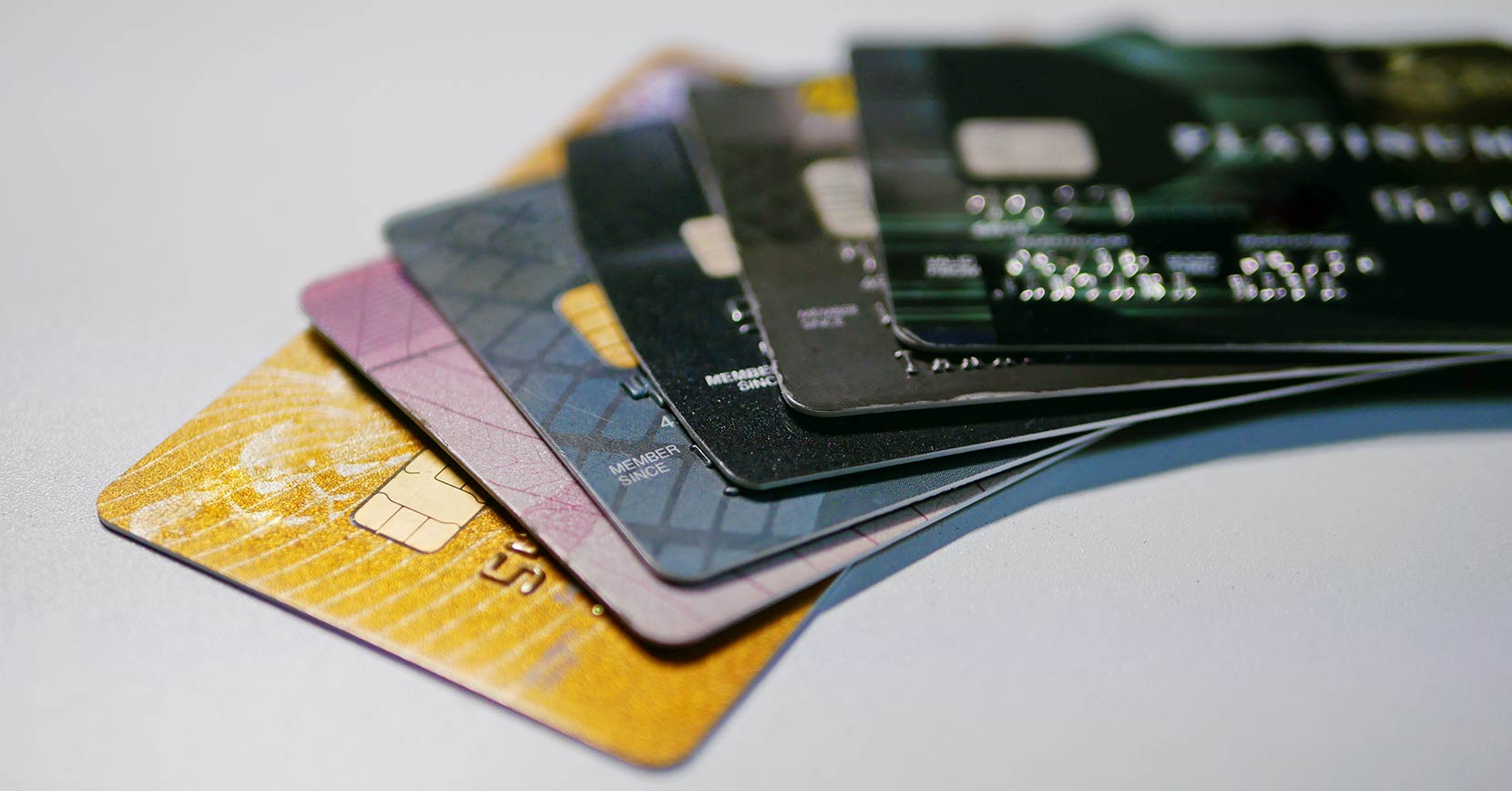Credit cards can be powerful financial tools when used responsibly, but they can also become a serious burden if mismanaged. Many people fall into the trap of spending more than they can afford, leading to high-interest debt that becomes difficult to pay off.
However, when used strategically, a credit card can help build credit history, earn rewards, and provide financial flexibility in times of need. The key is understanding how to use it wisely, ensuring that it serves you instead of controlling your finances.

Always Pay Your Balance in Full
One of the most crucial rules of responsible credit card use is to always pay your balance in full each month. Carrying a balance from month to month results in interest charges that can quickly spiral out of control, especially with the high annual percentage rates (APRs) that most credit cards carry. By paying your statement balance in full, you avoid interest altogether and ensure that your credit card remains a tool of convenience rather than a source of debt. If you can’t afford to pay the full balance, it’s essential to at least make more than the minimum payment and create a plan to clear the remaining balance as soon as possible.
Keep Your Credit Utilization Low
Credit utilization refers to the percentage of your available credit that you’re using at any given time. Most financial experts recommend keeping it below 30%, as high utilization can negatively impact your credit score. For example, if you have a credit limit of $10,000, you should aim to use no more than $3,000 at any time. Keeping your utilization low signals to lenders that you are financially responsible, which can help you secure better loan terms, lower interest rates, and higher credit limits in the future.
Maximize Credit Card Rewards Without Overspending
Credit card rewards can be beneficial, but they should never be the reason you overspend. Many credit cards offer cashback, travel points, or other perks that can add value if used correctly. However, rewards are only worthwhile if you’re not accumulating interest on your purchases. If you’re spending excessively just to earn points, you’re likely negating the benefits by paying high interest rates on unpaid balances. The best way to maximize credit card rewards is to use the card for necessary purchases that you would make anyway, such as groceries, gas, or utility bills, and then pay off the full amount before interest starts accruing.
Take Advantage of Credit Card Perks
Many credit cards offer additional benefits beyond rewards, such as purchase protection, extended warranties, travel insurance, and even access to airport lounges. If your credit card includes these features, make sure you understand how they work so you can use them when needed. For example, if you buy an expensive electronic item and it gets stolen or damaged, your credit card’s purchase protection might reimburse you for the loss. Similarly, when traveling, some credit cards offer car rental insurance, which can save you money by eliminating the need to purchase extra coverage from rental companies.
Monitor Your Spending and Statements Regularly
It’s easy to swipe a card and forget how much you’ve spent until the bill arrives, which can lead to overspending. By tracking your expenses weekly and setting spending limits, you can stay within budget and avoid unpleasant surprises. Additionally, reviewing your statements helps you detect any fraudulent charges early. If you notice any suspicious transactions, report them to your card issuer immediately to protect yourself from fraud.
Have a Clear Financial Plan and Discipline
If you know you tend to overspend, consider setting a personal credit limit that is lower than your actual card limit. Some banks allow you to set spending alerts or automatic payments to help you manage your account effectively. Having a financial plan ensures that you’re not relying on credit cards for everyday expenses or emergencies without a backup plan, such as an emergency fund.
A credit card can be a valuable tool if used correctly, but it requires discipline and financial awareness. By paying your balance in full, keeping credit utilization low, maximizing rewards without overspending, and taking advantage of card benefits, you can use your credit card to your advantage without falling into debt. The key is to treat it as a financial asset rather than a source of unlimited spending. With the right habits, a credit card can help you build a strong credit history and improve your financial future.






